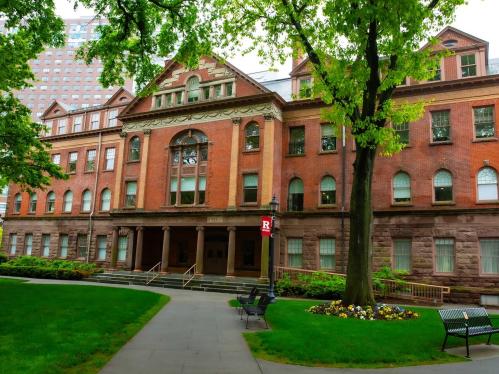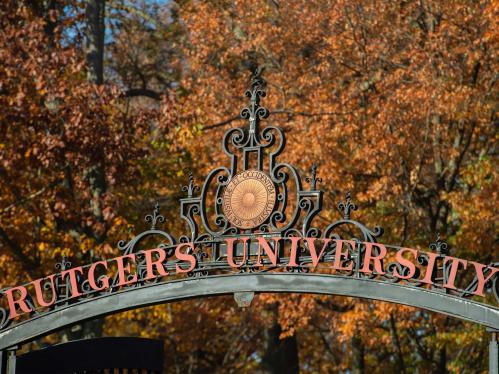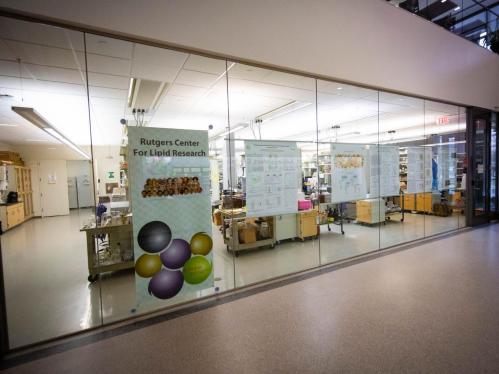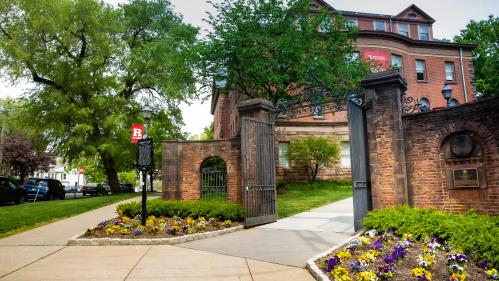Academic Assessment, Accreditation, and Continuous Improvement
Rutgers, The State University of New Jersey, is committed to continuous improvement in academic affairs in order to link periodic review and annual assessment to the broader strategic goals of the individual schools and colleges, their Chancellor-led Units (CLUs), and/or the university and to evaluate the budgetary resources necessary to achieve such goals. The university engages in multiple efforts to promote continuous improvement, including academic assessment, academic program review, research center and institute review, and through institutional and specialized accreditation.

Continuous Improvements Efforts Include
Universitywide Continuous Improvement Framework
University Academic Affairs oversees the Rutgers University Framework for Continuous Improvement, which guides the approach to continuous improvement and program review across the university.

Academic Program Review in Chancellor-led Units
Each chancellor-led unit (CLU) has developed a procedure or policy that articulates the assessment process, with the goal of continuous improvement. Such procedures or policies are subject to approval by the executive vice president for academic affairs. The intent is to ensure that each CLU has sufficient latitude to define a continuous improvement process appropriate to its mission and to document evidence of assessment and continuous improvement to the Middle State Commission on Higher Education (MSCHE).

Research Centers and Institutes Review
Research Centers and Institutes are vibrant and highly productive components of the university community, with greater flexibility and opportunity to adapt to economic and academic competitive pressures, and are located at the Board of Governors, Presidential, Chancellor, Senior/Executive Vice Presidential, School/College, and Departmental levels of Rutgers. Rutgers University has adopted a policy and processes to support the creation and continuous improvement of these vibrant hubs of interaction.


Questions?
If you have a question, contact the Office of Academic Assessment and Accreditation (OAAA).